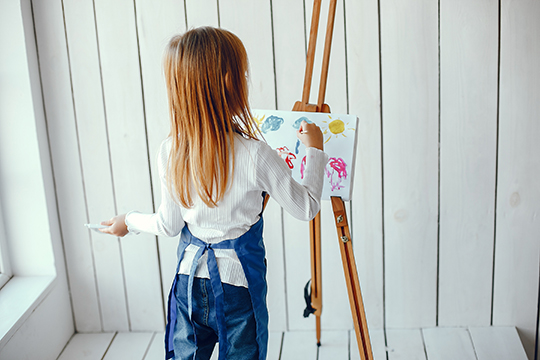Making the case for a renovated and stronger role of the arts in contemporary education systems, D. Paul Schafer states “The arts and sciences […] are mutually complementary rather than mutually exclusive as well as cooperative rather than competitive when it comes to researching and finding solutions to a whole set of basic human problems and improving people’s health and general well-being.” An IGCAT Expert, D. Paul Schafer affirms his case in a recent article The Future Of Arts Education – Broaden, Deepen, Diversify, Intensify, published in IGCAT’s website.
By outlining the context in which, in the last decades, science and scientific education began to receive increased attention and funding as “hard activities […] key to solving the world’s most difficult problems,” Schafer explains how the arts progressively became relegated to the realm of leisure time, “soft activities” merely serving recreational and entertaining functions – thus deserving less and less financial support and a secondary role into education curriculums.
In his article, Schafer advocates for the need to adopt a holistic perspective of the arts which embraces a wide variety of human artistic expressions – including environmental, culinary and horticultural arts – alongside more traditional forms.
IGCAT endorses Schafer’s call to re-think the role of arts and arts education in society as a powerful tool to boost individual health and well-being, mutual understanding between cultures, as well as a renovated and more balanced relationship between human beings and the natural environment.
According to Schafer, arts and art education are fundamental to “stimulate individual and collective creativity.” Therefore, we need to restore their centrality in our education systems and encourage collaboration and mutual support between the arts and sciences, as the only possible solution to tackle current global challenges effectively.
About IGCAT
IGCAT aims to empower local communities by raising awareness of the importance to safeguard and promote distinct food, culture, arts and sustainable tourism assets. This is essential to balance against globalised food trends that are impacting on our planet, health and local economies.
IGCAT is a non-profit institute established in 2012, working with regional stakeholder consortiums in the fields of gastronomy, culture, arts and tourism. It counts on the expertise of a worldwide network of experts and works in partnership with specialised intergovernmental organisations.
IGCAT provides the Region of Gastronomy Award and is the official secretariat for the European Region of Gastronomy Platform. Furthermore, the Institute has developed the European Young Chef Award, the Local Food Gift Challenge, the Top Visitor Experience and the Food Film Menu.
21 February 2020
